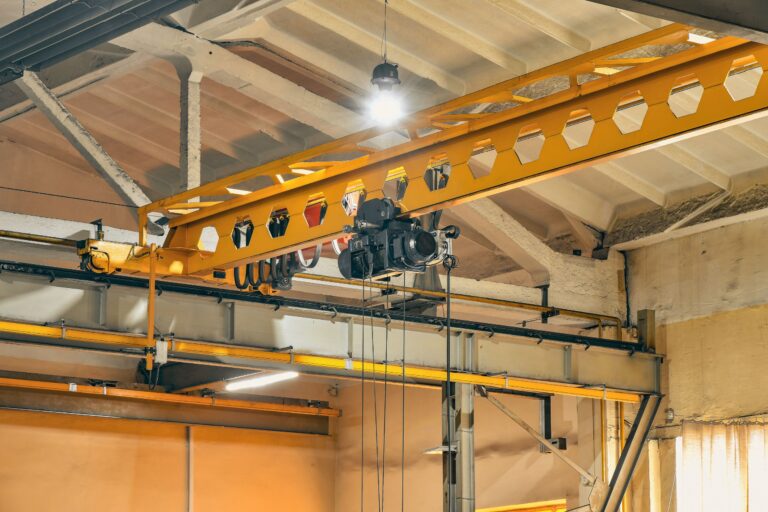Industrial robotics in Bulgaria: Opportunities and challenges
In the global context of digital transformation and automation, industrial robotics plays a key role in optimizing production processes. In Bulgaria, this sector is making significant progress, with more and more companies recognizing the advantages of robotic systems. However, what are the opportunities and challenges facing industrial robotics in the country? In this article, we will look at the main aspects of the development of industrial robotics in Bulgaria and how it affects the production environment.
Possibilities for the development of industrial robotics in Bulgaria
- Increase productivity and efficiency
Industrial robots offer significant advantages, such as increasing the accuracy, consistency and speed of production processes. They can operate continuously and with minimal human intervention, which reduces costs and increases product quality. For companies in Bulgaria that strive to remain competitive, investment in automation is a key factor. - Global market access
Companies implementing robotic systems can more easily enter the international market, meeting high standards of quality and efficiency. Bulgaria, with its strategic geographical location and membership in the European Union, has the advantage of attracting foreign investment and supplying high-quality products for various industries. - Innovation integration
With the growing number of companies specializing in the development and implementation of robotic solutions, Bulgaria has the opportunity to become a regional center for innovation in automation. Companies such as Bullitt Engineering AD are already leading this process by offering specialized robotic systems adapted to the needs of various industries.
Main challenges facing industrial robotics in Bulgaria
- Lack of sufficiently qualified personnel
One of the main obstacles to the spread of robotics is the lack of specialists to design, implement and maintain these systems. Although some universities and vocational schools offer programs in this field, there is still a shortage of practically trained engineers and technicians. - High initial investment
The purchase and implementation of industrial robots requires significant financial resources. For many small and medium-sized enterprises (SMEs) in Bulgaria, this can be a serious challenge, especially if there is no access to subsidies or favorable credit lines. - Slow business adaptation
Despite the obvious benefits, some companies are still hesitant to invest in automation due to a lack of information or fear of the complexities involved in implementing and managing robotic systems.
Practical advice for business in Bulgaria
- Start with pilot projects
If you're new to the world of industrial robotics, start with a small pilot project. This will allow you to assess the impact on production processes and plan future investments in a more informed way. - Search for partners and consultants
Working with companies like Bullitt Engineering Inc. that have experience in the development and implementation of robotic systems can help you make the transition to automation easier and more efficient. - Invest in training
Prepare your team to work with new technologies through specialized training and courses. This will ensure that the implemented systems are fully utilized.
Conclusion
Industrial robotics offers enormous potential for the transformation of production processes in Bulgaria. Despite the challenges, companies that embrace this technology will be better prepared for future market demands. Investments in robotic systems not only increase productivity, but also create a competitive advantage that can be key to any company's success.
For those who wish to learn more about industrial robotics and take the first steps towards automation, Bullitt Engineering JSC offers professional consultations and individually developed solutions for your business.







